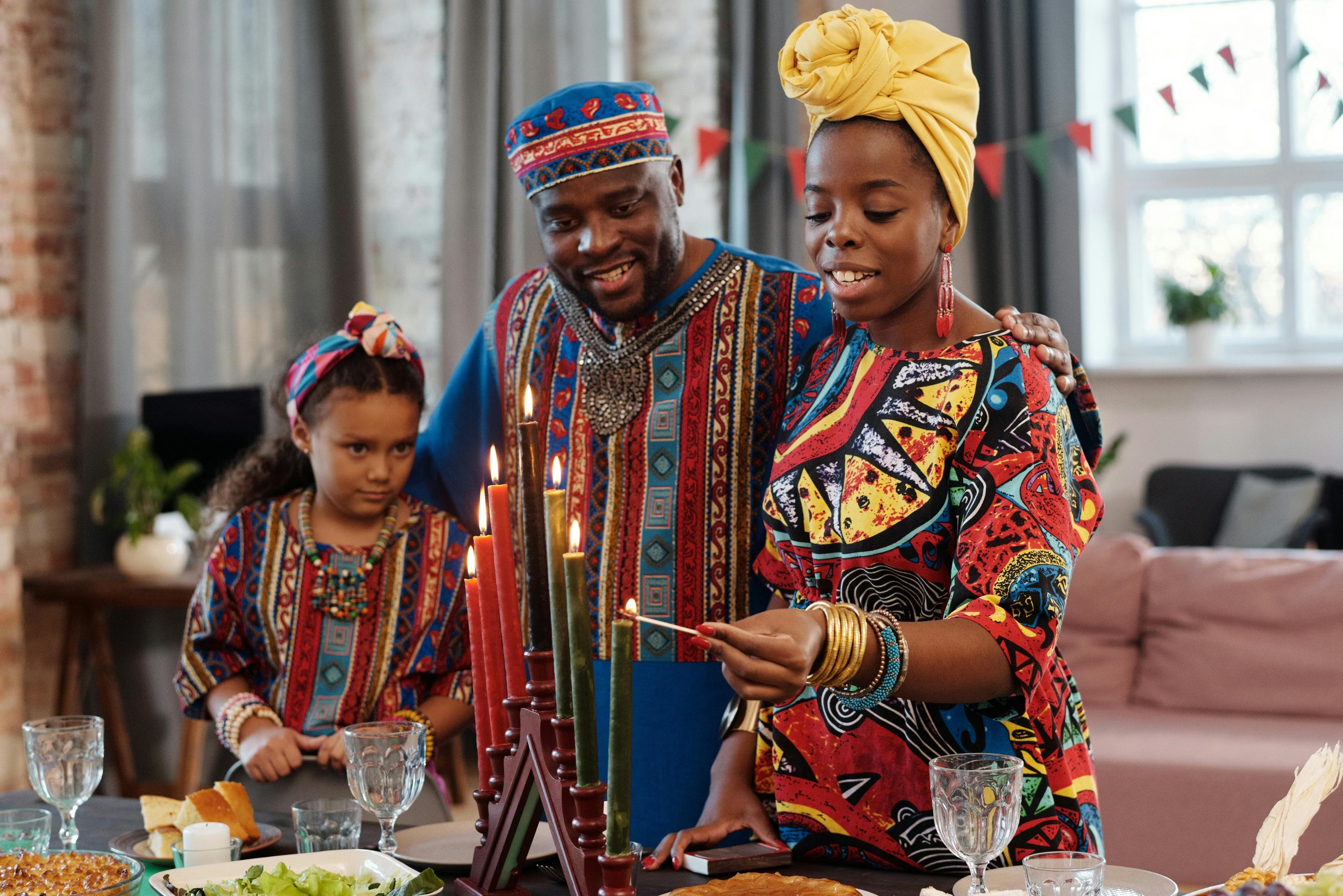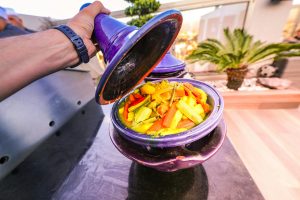Celebrating Food Heritage Through Family Traditions
There is something truly special about sitting down to a meal with our loved ones, especially when those meals are filled with the flavors and traditions of our family’s heritage. Food has a unique way of connecting us to our past, our present, and each other. From the aromas that transport us back to our childhood to the recipes passed down for generations, food plays a significant role in celebrating our family’s heritage. Today, we will explore the importance of celebrating food heritage through family traditions and how it can bring us closer together.
The Significance of Food Heritage
Food is more than just sustenance; it is a reflection of our culture, history, and identity. Family traditions surrounding food allow us to pass down our heritage from one generation to the next. It is a way to preserve our cultural identity and keep our family’s traditions alive. By celebrating our food heritage, we are honoring the customs, beliefs, and values that have been passed down through our family for centuries.
The Role of Family Traditions
Family traditions are the thread that binds us together. Whether it is a holiday celebration, a weekly Sunday dinner, or a daily mealtime routine, these traditions hold significant meaning for our families. They provide a sense of belonging and create lasting memories that will be cherished for a lifetime. When these traditions involve food, they become even more powerful, as it is a sensory and emotional experience that connects us not only to our family but to our roots and cultural heritage as well.
Celebrating Through Food
One of the most beautiful things about celebrating food heritage through family traditions is the opportunity to learn, share, and experience different customs and cuisines. Each family has their unique recipes, cooking techniques, and favorite dishes that have been handed down from generation to generation. By coming together to cook, eat, and share stories, we are not only honoring our family’s heritage, but we are also strengthening our bonds and learning more about our cultural identity.
Preserving History and Culture
Food is a way of preserving our family’s history and culture, and it is often intertwined with significant events and traditions. The dishes we prepare and enjoy can tell a story, and many have been passed down through word of mouth for centuries. By preserving these recipes and cooking methods, we are keeping our family’s traditions alive and ensuring that our cultural heritage continues to be celebrated for generations to come.
Bringing Generations Together
Food has a unique way of bringing generations together. Whether it is a grandparent teaching a grandchild how to make a family recipe or a family gathering where everyone contributes their favorite dishes, food creates a sense of unity and fosters intergenerational connections. Through these shared experiences, younger generations can learn about their family’s history and cultural heritage, creating a sense of pride and understanding of their roots.
The Importance of Passing Down Family Recipes
Family recipes are not just about the food itself; they hold a wealth of memories and stories. By passing down these cherished recipes, we are sharing a part of our family’s history and culture with younger generations. It is a way to honor our ancestors and keep their legacy alive. These recipes are a reminder of where we came from and serve as a link to our cultural heritage.
Conclusion
Celebrating food heritage through family traditions is a powerful way to honor our roots and create lasting memories. Food has the power to connect us to our past, bring generations together, and preserve our cultural identity. It is essential to continue these traditions and pass down family recipes to future generations, ensuring that our family’s heritage lives on. So, let us embrace our food heritage, celebrate our family’s traditions, and continue to share our cultural legacy with the ones we love.











